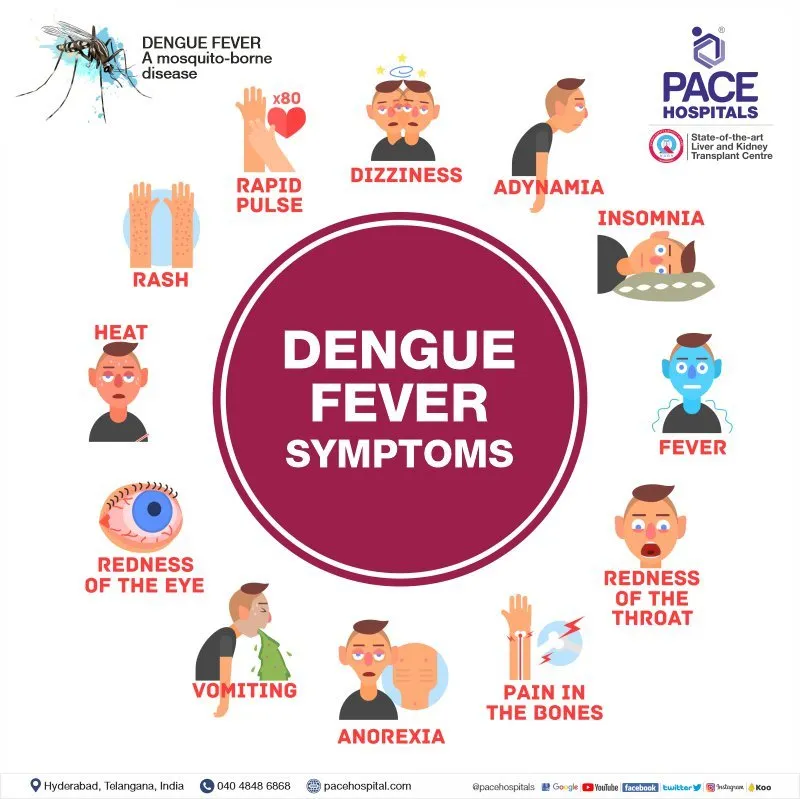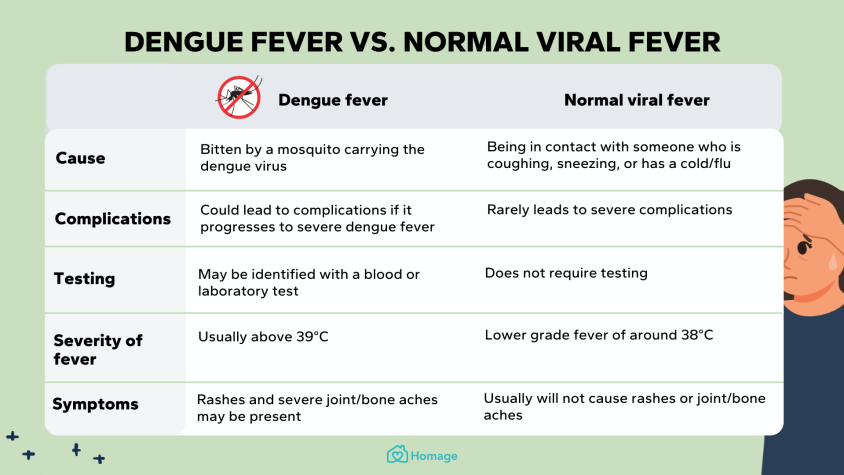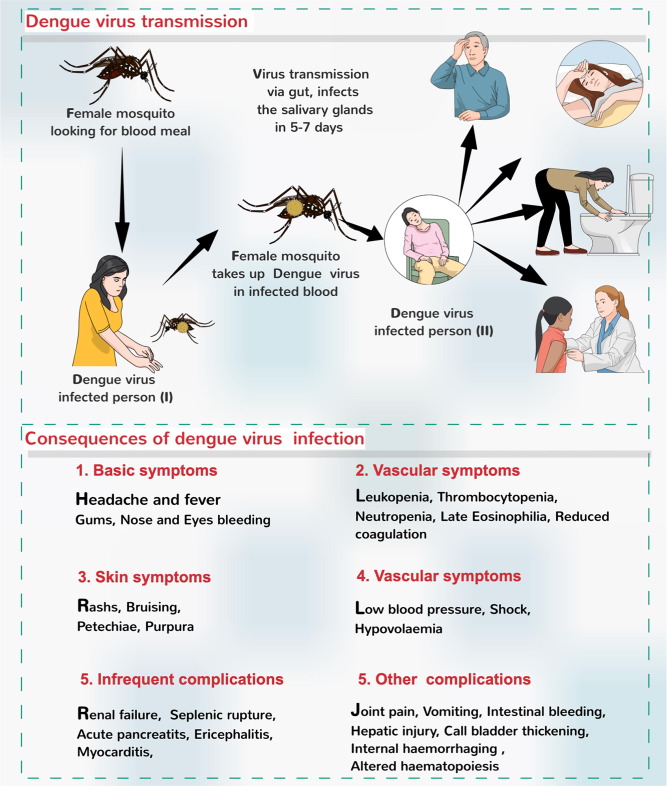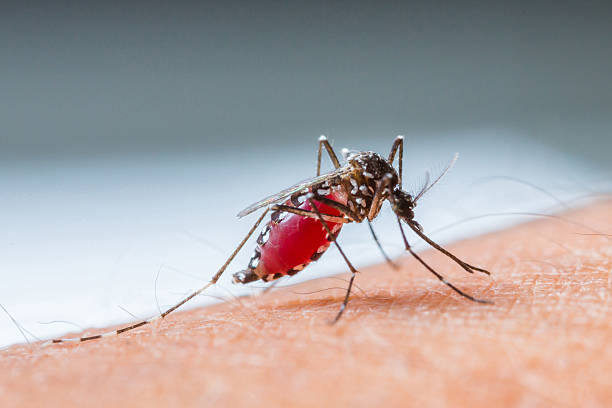Introduction
Discover crucial dengue symptoms for adults and learn how to detect them early. Don’t let dengue catch you off guard—get informed today!

What is Dengue?
Dengue is caused by the dengue virus, which belongs to the Flavivirus family. The infection is basically communicated through the nibble of tainted Aedes mosquitoes, especially Aedes aegypti and Aedes albopictus. These mosquitoes are commonly found in urban and semi-urban areas, and their breeding sites include stagnant water containers such as discarded tires and flower pots. It is crucial to eliminate these breeding sites to prevent dengue transmission.
Dengue Symptoms in Adults
Early symptoms of dengue in adults are often similar to those of the flu or other viral infections. They usually appear within 4 to 7 days after being bitten by an infected mosquito. Normal side effects incorporate abrupt high fever (up to 104°F or 40°C), extreme migraines, torment behind the eyes, muscle and joint agony, exhaustion, sickness, regurgitating, and skin rash. A few people may likewise encounter gentle draining from the nose or gums.
Early Detection of Dengue Symptoms
Detecting dengue fever early is essential for receiving timely medical care. If you experience any of the aforementioned symptoms, especially if you have recently been in an area where dengue is prevalent, it is crucial to consult a healthcare professional immediately. Early detection allows for proper management and decreases the risk of complications associated with dengue fever.
Signs of Dengue in Adults
As the illness progresses, individuals with dengue may develop warning signs that indicate the need for urgent medical intervention. These signs include severe abdominal pain, persistent vomiting, bleeding gums, rapid breathing, cold/clammy skin, fatigue, irritability, restlessness, and blood in vomit or stools. If any of these signs are present, immediate medical attention is crucial to prevent severe complications.
Signs of Dengue in Adults
As the illness progresses, individuals with dengue may develop warning signs that indicate the need for urgent medical intervention. These signs include severe abdominal pain, persistent vomiting, bleeding gums, rapid breathing, cold/clammy skin, fatigue, irritability, restlessness, and blood in vomit or stools. If any of these signs are present, immediate medical attention is crucial to prevent severe complications.

How Dengue Affects the Body
Dengue affects various systems in the body and can lead to severe complications if left untreated. It primarily targets white blood cells, causing a decrease in their count, which weakens the immune system’s ability to fight off infections. In some cases, dengue can progress to dengue hemorrhagic fever or dengue shock syndrome, both of which can be life-threatening due to severe bleeding, organ damage, and fluid accumulation.
Dengue Symptoms in Children
While symptoms of dengue in children are similar to those in adults, it is essential to monitor infants and young children closely as they may not be able to communicate their discomfort effectively. Watch out for symptoms like high fever, fussiness, decreased appetite, vomiting, diarrhea, and a blotchy red or purple rash. Children experiencing severe symptoms should receive medical attention promptly.
Diagnosis of Dengue
To diagnose dengue, healthcare professionals may perform blood tests to detect the presence of the dengue virus or specific antibodies produced by the body in response to the infection. Rapid diagnostic tests are available in some regions, offering quick results. Early diagnosis helps in monitoring the disease progression and initiating appropriate treatment measures promptly.
Warning Signs of Dengue
Recognizing warning signs can help identify severe cases of dengue that require immediate medical intervention. If you or someone you know experiences severe abdominal pain, persistent vomiting, rapid breathing, bleeding gums, fatigue, irritability, or cold/clammy skin, seek emergency medical care without delay. Prompt treatment can significantly improve outcomes.
Treatment of Dengue Fever
As of now, there is no particular antiviral treatment for dengue fever. Medical management focuses on relieving symptoms and preventing complications. Adequate rest, hydration, and over-the-counter pain relievers (excluding aspirin) can help manage fever, headache, and muscle pain. In severe cases, hospitalization may be required for fluid replacement or blood transfusion.

Conclusion
As adults, it is essential to recognize the symptoms and warning signs of dengue fever for early detection and prompt medical attention. By staying informed and taking necessary precautions such as wearing insect repellent and eliminating mosquito breeding sites, we can reduce the risk of dengue virus transmission. Remember, early detection and appropriate management are crucial in preventing severe complications associated with dengue fever. Stay vigilant, protect yourselves, and seek medical assistance if needed.
